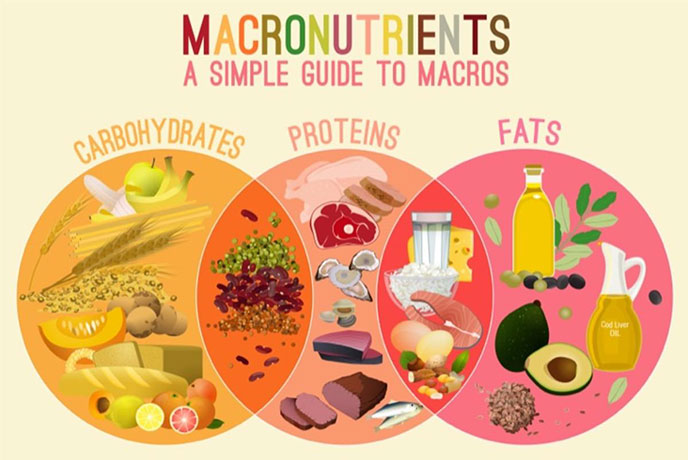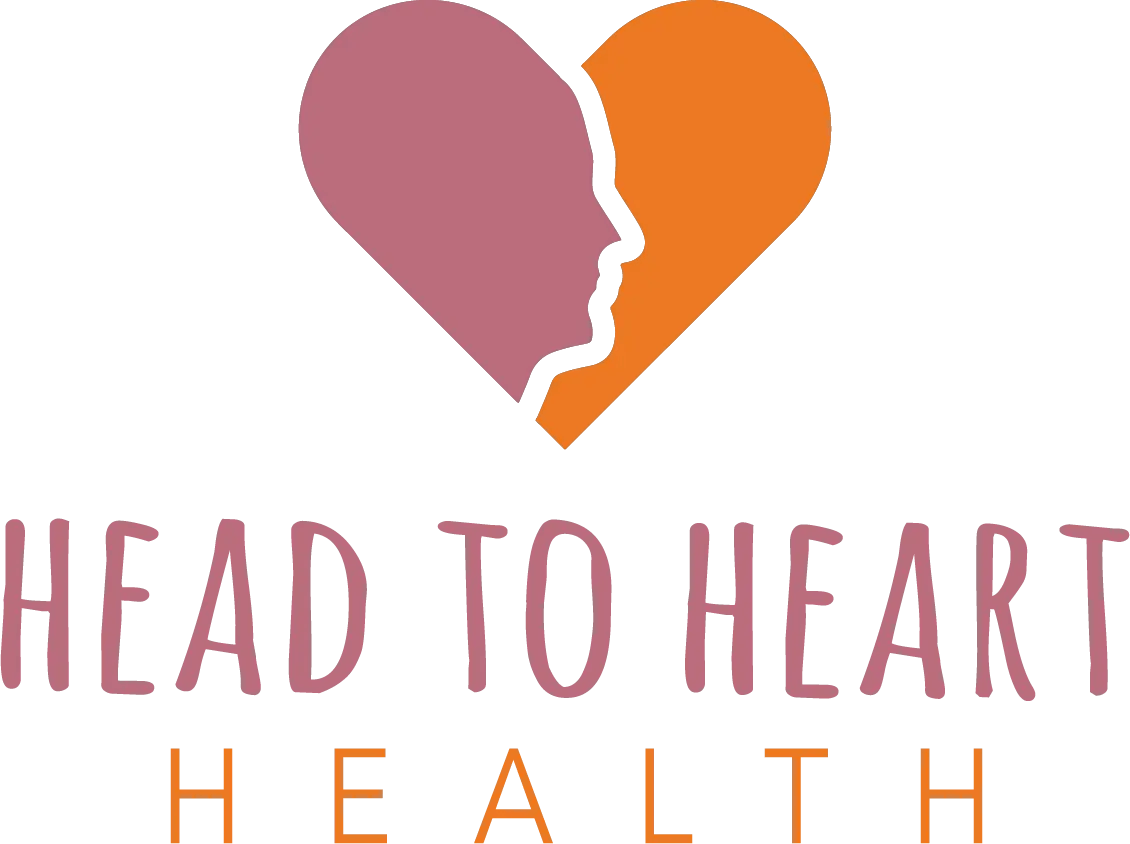
MACROS AND WHY DO YOU NEED TO KNOW?
MACROS!!!
What are they and why do you need to know?
Macros are a way of tracking your food and calorie intake in a way that means your more likely to get the nutrients you need and the results you’re after.
Macro Nutrients are
Protein,
Carbohydrates
Fats.
Traditional diets are based on consuming less calories then you burn, which means you could eat 20 calories of chocolate or 20 calories of broccoli and you’re following the diet rules.
Tracking your Macros means getting good quality Calories, to fuel your workouts, burn fat and create lean muscle.
There are many calculators you can use to find out the amount of macros you require each day, these use your age, weight and height to calculate your BMR and then your daily activity level to calculate the amount of calories you need each day. Then they use a 40/30/30 split or something similar to calculate the amount of macros in grams you’d need.
If you want to lose weight, gain muscle, tone muscle or maintain your healthy body there is a good chance you need more food then you are currently eating.
As a 39 year old woman, who weighs 76kg and is 176cm tall and exercises 6-7 days a week I need to consume over 2000 calories a day. Currently I am working on increasing my lean muscle mass and decreasing my body fat percentage. I consume 1800- 2200 calories a day. Depending on my activity levels.
NB: I don’t count each meal or item I eat and add it all up, I use this as rough guide to ensure I am getting adequate energy and keeping healthy.
What does 2000 cal look like in macros?
150g of Protein – lean meat and whole food sources of protein are going to give your body what it needs to build and repair muscle, have the energy you need for the day, stop you from snacking etc..
lean meat
seafood
lentils
legumes
soy
grains
eggs
seeds
vegetables
some grains
50g of carbs – good carbs are the kind that are high in fibre, think whole foods not refined foods, these foods will help your metabolic rate and your internal organs.
vegetables
fruit
nuts
seeds
legumes
Grains
132g of fat – good fats will help you store energy, protect organs, produce vital hormones and help with healthy cells.
Avocado
Olive Oil / Olives
Nuts / nut butter
Seeds / seed butter
Fish
Eggs
A typical Day of meals looks like for me
Breakfast: 3 eggs, hand full of baby spinach, 4-5 asparagus spears, 1/4 avocado, 1 tsp nutritional yeast, 4 cherry tomatoes, olive oil, nutritional yeast, basil leaves
Morning Tea: Protein and Collagen shake in almond milk
Lunch: 1/2 chicken breast, 2 hand fulls baby spinach, 1/4 red capsicum, 1/4 cup buckwheat puffs, 1/4 avocado, 1/3 carrot, olive oil, lemon juice,
Afternoon Tea: seeded crackers with hummus
Dinner: 2-3 cups of vegetables, olive oil, 1/4 cup hemp seeds, with either fish or chicken or mushrooms.
Drinking water throughout the day also helps your organs to process the fibre and nutrients your body is consuming.
I generally have 1L of water before breakfast, 1L by lunch time and 1L by dinnertime.
If you are shorter than me and don’t exercise as much then you’d be more likely to need about 1200-1500 calories per day. You can find some free calculators or ask your dietitian or personal trainer to help you out.
With so many options out there this is one that I find easy and as it focuses on good sources of nutrition rather than specific foods I find that it is an easy one to follow and adapt.
If you don’t want to get so deep into how many grams of protein, carbs and fat are in each food then go with the general rule of creating a meal that is 50% vegetables / carbs, 35% meat or protein, and 15% healthy fats.
Let me know how you go and feel free to reach out to me on my Private Facebook Page Health Tips and New Habits


No Comment